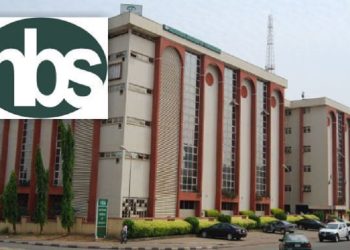As of June 30, 2022, Nigeria’s debt to China stood at $3.93 billion. Just one year later, on June 30, 2023, this debt had surged to $4.73 billion, marking a substantial increase of $800 million, which represents a 20.36 percent rise in a year. This revelation is based on an analysis of external debt stock data from the Debt Management Office (DMO).
Nigeria’s engagement with Chinese loans has been a subject of discussion and concern, with limited transparency regarding the terms and implications of these agreements. The DMO has previously shed some light on these arrangements.
In June 2020, the DMO disclosed, “The total borrowings from China of $3.121 billion as of March 31, 2020, are concessional loans with interest rates of 2.5 percent per annum, a tenor of 20 years, and a grace period (moratorium) of seven years.” According to the DMO, these terms align with the provisions of Section 41 (1a) of the Fiscal Responsibility Act, 2007. The low interest rates on these loans aim to reduce the interest cost to the government, while the extended tenor facilitates the repayment of the principal amount over many years.
An overview of Chinese loans reveals that they have been allocated to fund 15 projects across various sectors, including water supply, power generation, railways, airport terminals, and communication, as well as agricultural processing.
These projects have been diverse in nature, encompassing the Nigerian Communications Satellite project, the Nigerian national public security communication system project, the Nigerian railway modernization project, the Abuja light rail project, the Nigerian Information and Communication Technology infrastructure backbone project, and several airport terminals’ expansion projects.
Furthermore, the Nigerian Zungeru hydroelectric power project and the Nigerian 40-parboiled rice processing plants project were included in the list. These projects illustrate Nigeria’s ambition to improve infrastructure, energy generation, transportation, and agricultural production, often with Chinese financial support.
However, it’s notable that while the agreements for many of these projects were signed, significant portions of the funds have not been disbursed, implying that these initiatives may not have progressed as planned.
Nigeria’s growing debt to China underscores the need for more transparency and prudence in managing foreign loans, given their long-term implications on the nation’s financial health. As the country continues to invest in critical infrastructure and development projects, careful scrutiny of the terms and execution of these loans becomes imperative to ensure that they serve the nation’s best interests.
The surge in debt also highlights the importance of effective utilization of borrowed funds to drive sustainable economic growth and development, which should remain at the forefront of Nigeria’s economic agenda.










